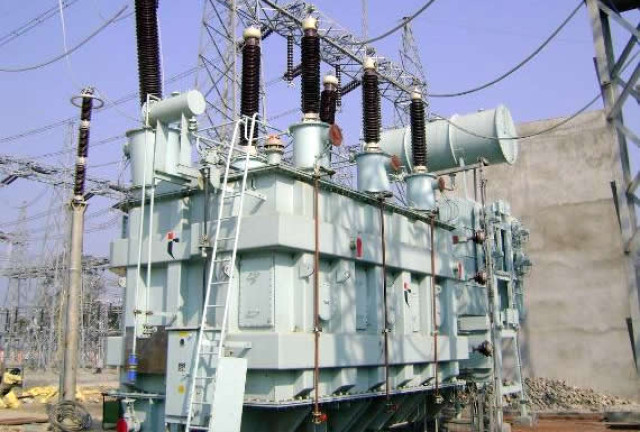The Enugu State Electricity Regulatory Commission has released a new tariff order for MainPower Electricity Distribution Limited, adjusting the electricity rate for Band A customers from N209 per kilowatt-hour to N160/kWh, starting August 1, 2025.
MainPower took over from Enugu Electricity Distribution Company after the state received authorization from the Nigerian Electricity Regulatory Commission to manage its electricity sector.
The revised tariff was detailed in the Enugu commission’s Order No. EERC/2025/003 titled ‘Tariff Order for MainPower Electricity Distribution Limited 2025,’ which was published by the commission on Sunday.
They emphasized that this decision is cost-reflective, asserting that the tariff must account for the power generation subsidy provided by the Federal Government to benefit electricity consumers.
EERC based its decision on the Enugu State Electricity Law of 2023, which grants the commission the authority to regulate power generation, transmission, and distribution activities solely within the state.
This law, signed by Governor Peter Mbah in September 2023, aligns with the 2023 Constitutional Amendment that established state legislative control over electricity issues.
It followed the enactment of the Electricity Act of 2023, which repealed the Electric Power Sector Reform Act of 2005 and introduced significant reforms, including the division of distribution and supply functions, empowering states to govern their electricity markets.
EERC Chairman, Chijioke Okonkwo, elaborated on the situation, indicating that the reduction in tariff was necessary after the commission assessed MainPower’s tariff and license applications, as it is the new subsidiary operating in Enugu State.
"We conducted a comprehensive review of their expenses, applying our Tariff Methodology Regulations 2024 and the corresponding Distribution Tariff Model, resulting in an average price of N94.
The lower price is due to the Federal Government subsidizing electricity generation costs, charging only N45 from an actual cost of N112, which is how we determined the average tariff of N94 as appropriate for a cost-reflective tariff in our subnational electricity market," stated Okonkwo.
Distributing this across the various tariff bands indicates that Band A will be charged N160, while the rates for Bands B, C, D, and E will remain unchanged.
The N160 charge for Band A is intended to help MainPower mitigate rate shocks, and if the subsidy is lifted, these savings will aid in stabilizing the tariff over a specified period. Nonetheless, the tariff will always be cost-reflective and should not require state funding, Okonkwo added.
He cautioned, however, that the N160 tariff for Band A might be hard to maintain if the Federal Government eliminates the generation tariff subsidy currently available to consumers nationwide, which could lead to tariff increases beyond the new rates.
"For now, it's only fair that Ndi Enugu – Band A customers benefit from the lowered tariff starting August 1, 2025," the commission’s chairman remarked.
Additionally, EERC announced that it has established monitoring and evaluation mechanisms to ensure MainPower fulfills its service commitments so that customers do not pay more for reduced power supply.
"MainPower must publish a rolling seven-day average of daily supply hours for each Band A feeder on its website no later than 9 am the following day.
If MainPower fails to meet the agreed service delivery for a Band A feeder for two consecutive days, they must report this to the commission within 24 hours. Should they fail to maintain the promised service level for seven successive days, the feeder will automatically be downgraded to the recorded supply level," concluded the commission.
The NERC confirmed that as of April 1, 2024, the Federal Government no longer subsidizes electricity consumed by Band A customers, as the subsidy was removed.




















